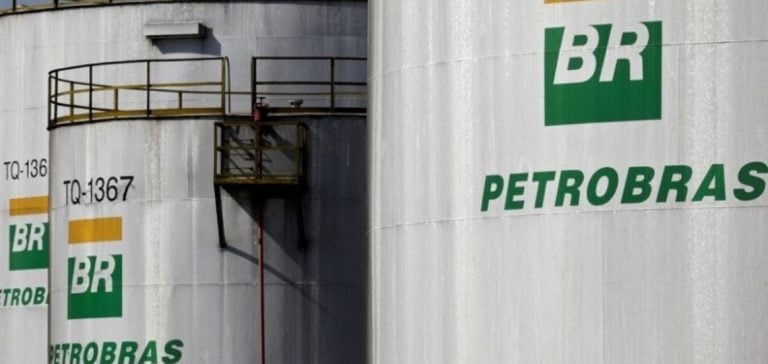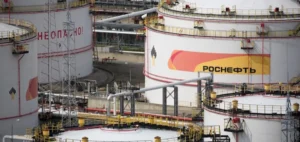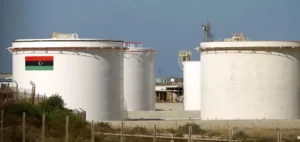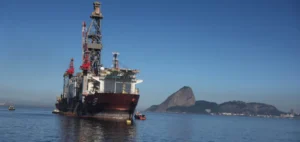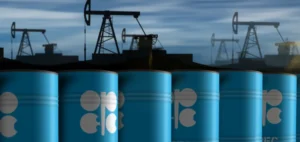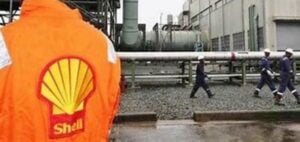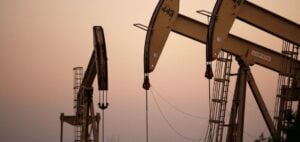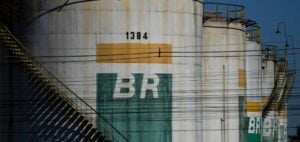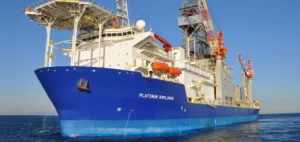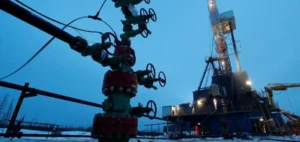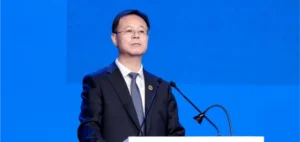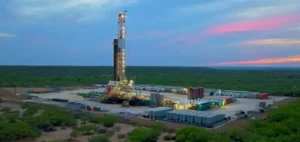Petrobras, the Brazilian company specializing in hydrocarbon exploration and production, is back with a vengeance on the African continent.
This marks an important step for the company, which is seeking to diversify its assets and strengthen its international presence after a period of withdrawal.
São Tomé and Príncipe is one of the entry points for this new strategy.
Petrobras holds significant stakes in exploration blocks 10, 11 and 13.
These holdings give Petrobras a foothold in a region considered promising for the development of offshore oil resources.
The challenge for Petrobras is to capitalize on potential discoveries in these blocks in order to increase production and secure additional reserves as part of its international expansion.
The company’s return to Africa comes against a backdrop of financial restructuring, following a period marked by scandals and internal difficulties. In recent years, Petrobras has refocused its operations and optimized its assets in order to expand abroad once again.
Growing opportunities in Namibia
In addition to São Tomé and Príncipe, Namibia is one of Petrobras’ priority targets for future exploration.
With major discoveries in Namibia’s offshore fields, the country has become a preferred destination for many oil companies.
Namibia has recorded several major oil discoveries, attracting the attention of international players, including TotalEnergies, which already has a presence in the region.
Patrick Pouyanné, CEO of TotalEnergies, recently expressed his company’s interest in a partnership with Petrobras in Namibia, confirming the Brazilian company’s intentions to establish itself in this high-potential area.
This collaboration could enable Petrobras to benefit from TotalEnergies’ expertise in the region and accelerate its entry into the Namibian market.
The oil sector in Namibia is developing rapidly, and conditions for international companies are favorable.
Petrobras could thus seize the opportunity to strengthen its presence in Southern Africa by becoming involved in large-scale exploration projects in the region.
Challenges and prospects in Angola
Angola, another major player in the African oil market, also represents an opportunity for Petrobras.
Prior to its withdrawal from the country in 2014, Petrobras held significant assets in this resource-rich country.
The company’s improved financial situation now paves the way for a potential return to Angola.
However, competition is fierce, with new players entering the Angolan market.
The Angolan government’s oil sector reforms aim to attract more foreign investment, while maximizing the economic benefits for the country.
Entry conditions for Petrobras could therefore be more complex than in the past, particularly in terms of partnerships and access to deposits.
Despite these challenges, a return to Angola would enable Petrobras to reinforce its diversification strategy and win back a share of the African market, where demand for energy continues to grow.
Angola remains one of the continent’s most important oil producers, and reintegrating Petrobras into this market could help stabilize its international expansion.
Necessary diversification for Petrobras
Petrobras’ return to Africa is part of a global strategy to diversify the company’s assets.
Petrobras’ dependence on the Brazilian market, while solid, exposes the company to significant risks linked to economic fluctuations and political uncertainties.
By strengthening its presence in Africa, Petrobras aims to reduce this dependence and secure new sources of revenue.
Geographic diversification is also crucial at a time when international competition in the hydrocarbon sector is intensifying.
Oil majors such as ExxonMobil, BP and TotalEnergies are looking to expand their activities in Africa, and Petrobras’ position on the continent could become a strategic asset in the years to come.
Petrobras, already one of the major players in the Latin American oil industry, must now navigate a competitive environment to maximize returns on its overseas investments.
Africa, with its untapped resources and growth prospects, represents a key opportunity for the Brazilian company.


